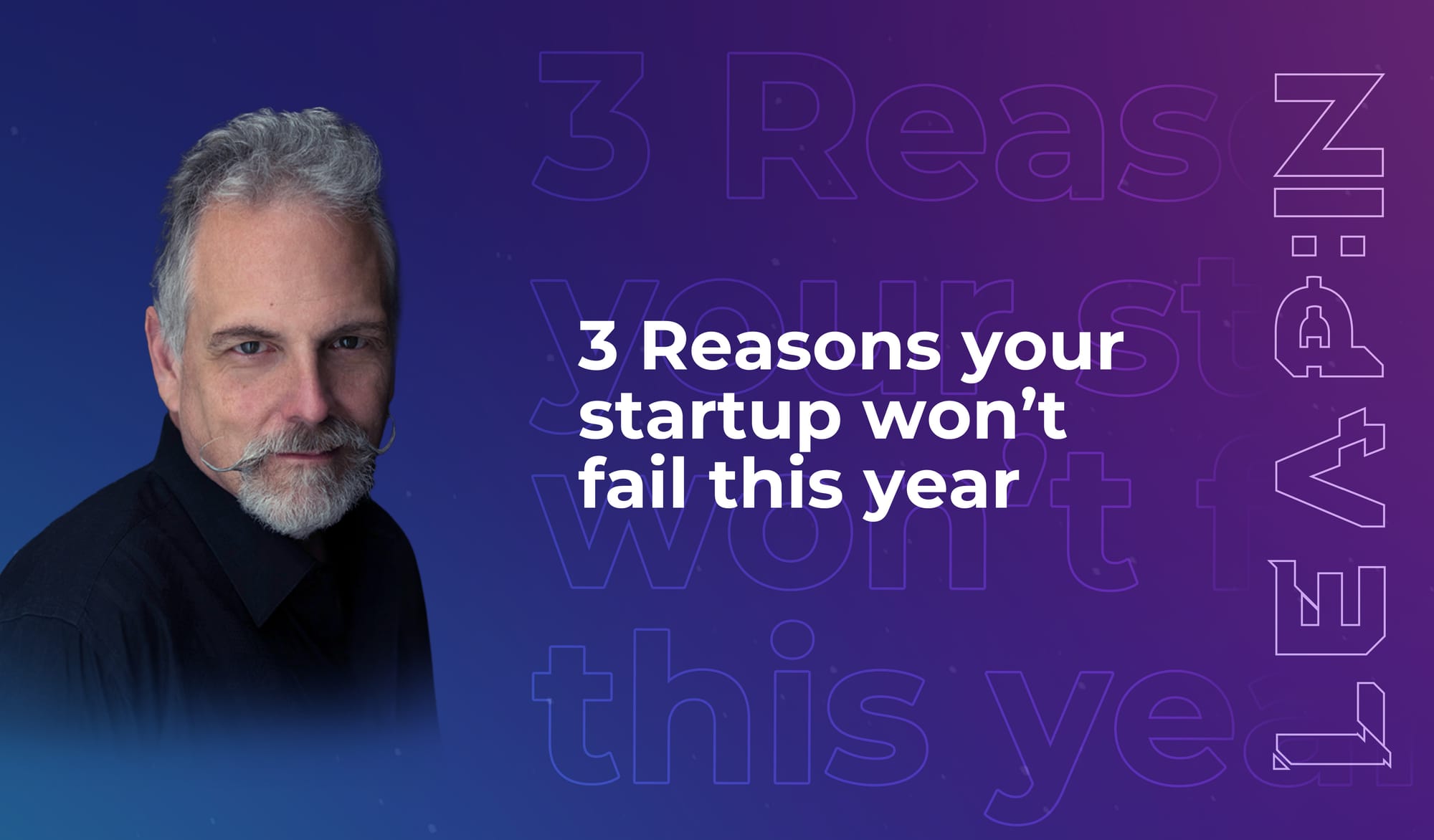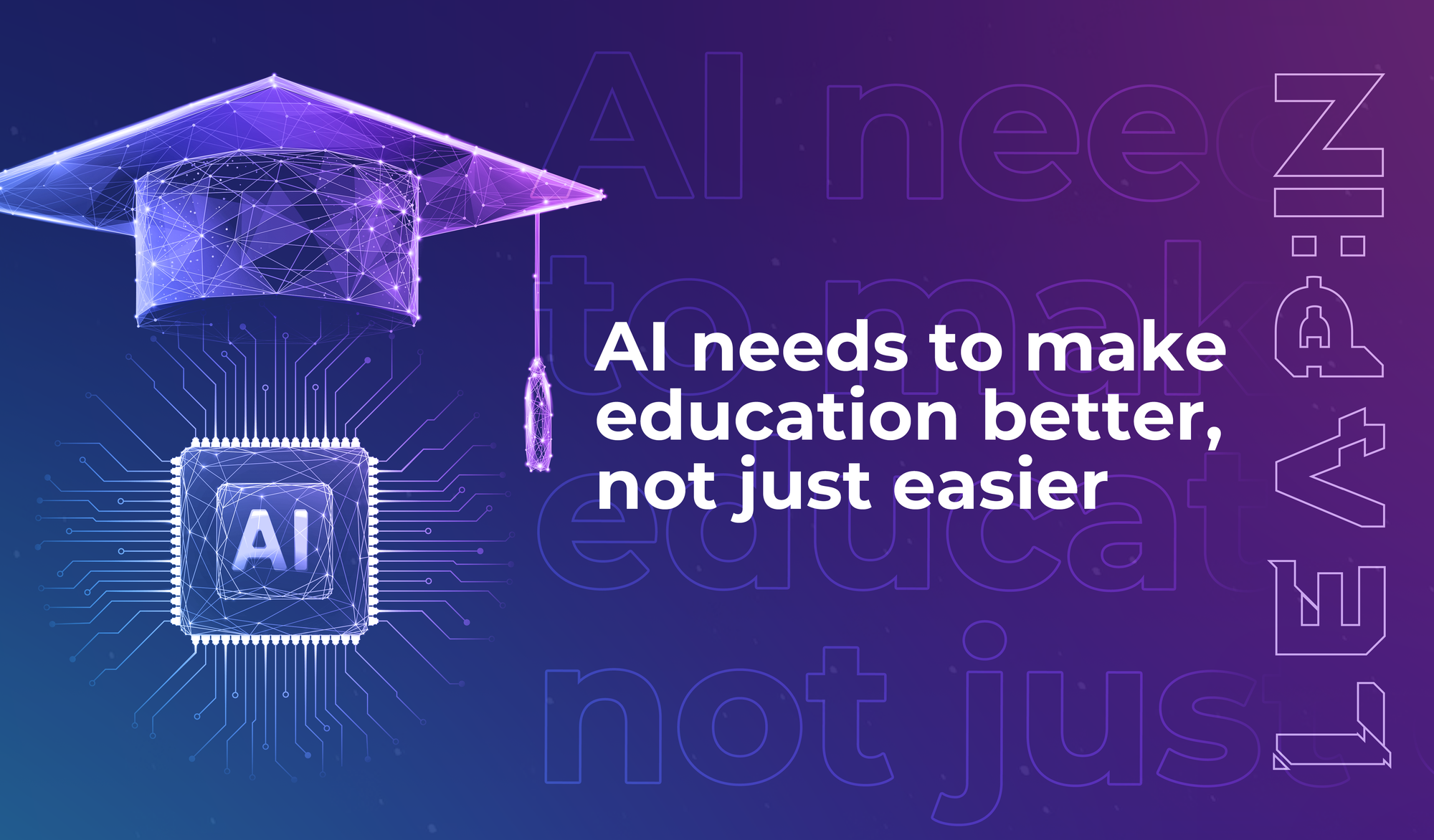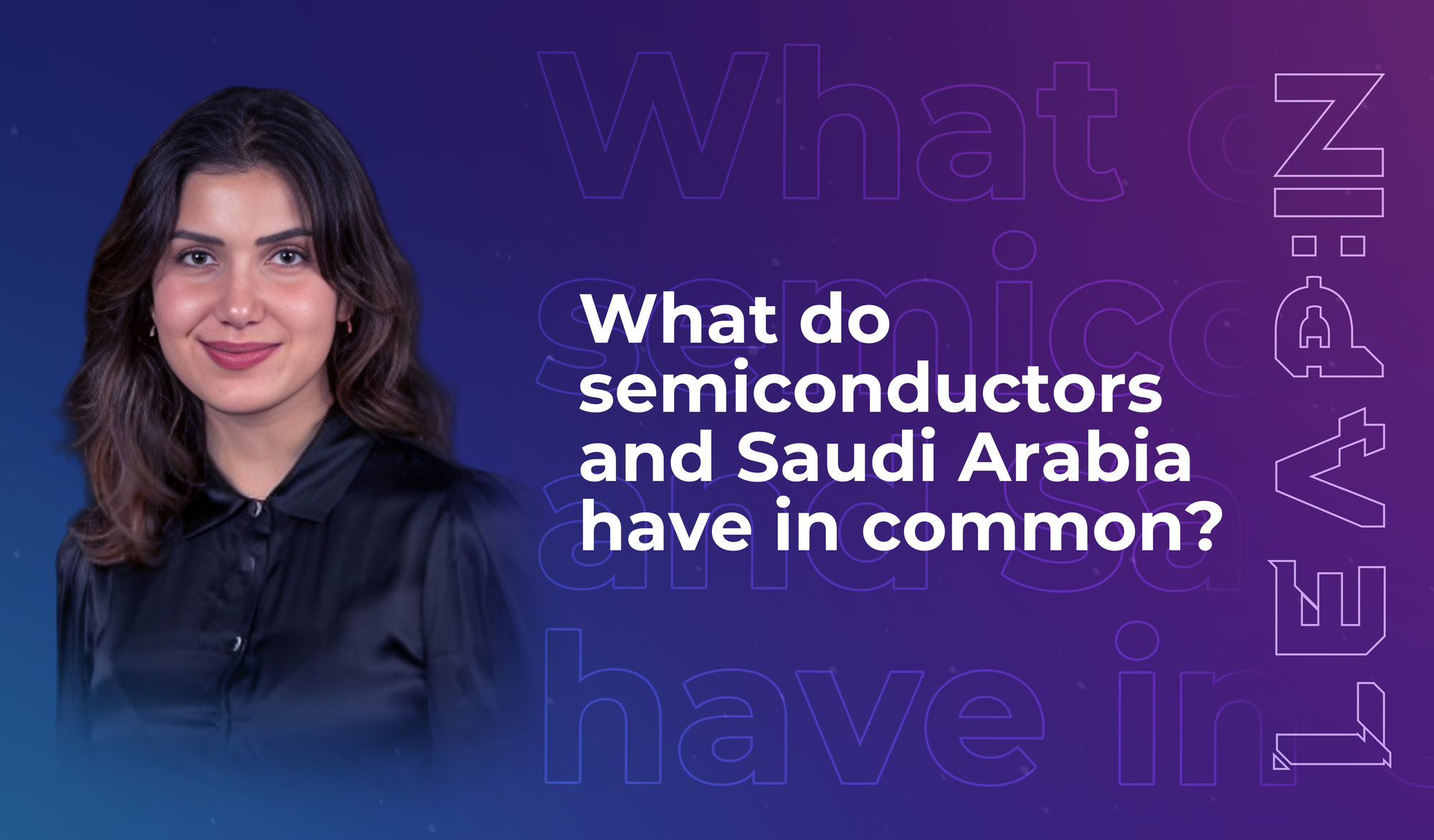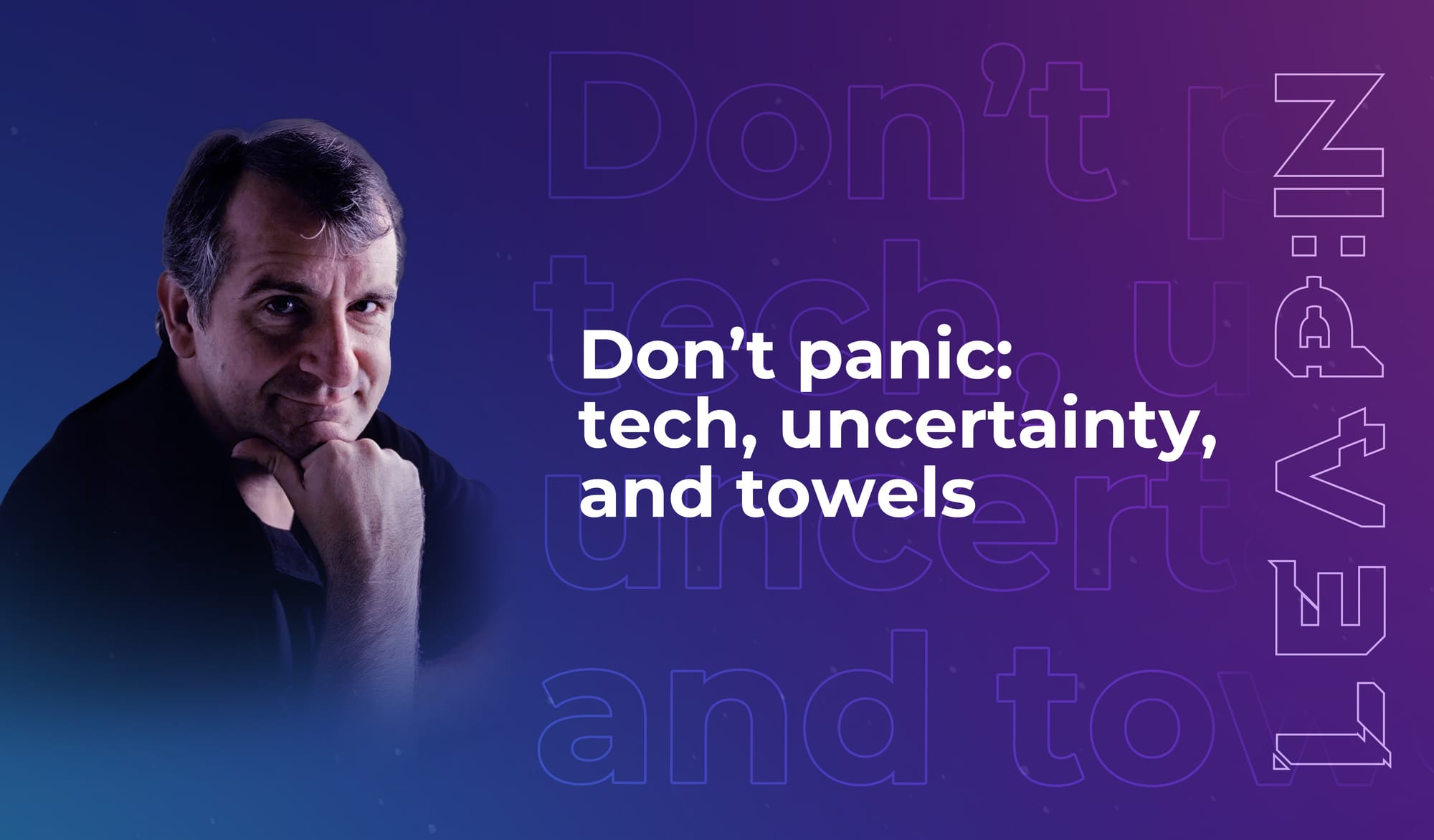
3 Reasons your startup won’t fail this year
Flip the failure script for 2026 – starting with business models, not tech.


Welcome to the 26 new techies who have joined us.
If you haven’t already, subscribe and join our community in receiving weekly tech insights, updates, and interviews with industry experts straight to your inbox.
Insights and inspiration from the global LEAP community – in your inbox every week.
What Zhou said:
“With this new shift, we witnessed a new era where technology not only assists but actively augments teaching and learning experiences.”
We’re glad you asked. Zhou was talking about how AI is transforming education. And today we want to talk about whether education systems should refocus on AI skills to prepare for the future.
Most importantly, we want to work together (yes, with you) to figure out how AI can make education better – not just easier.
Zhou describes the evolution of technology in education as progressing through three stages:
This partnership is evident in AI-enabled tutoring services and responsive chatbots that provide personalised guidance to students; it doesn’t just teach with a one-way flow of information, but actually responds and adapts to the needs of the student.
We love that AI is playing a valuable role in encouraging more students, especially those traditionally underrepresented in STEM, to explore these fields.
The AI4ALL initiative, for example, runs summer programmes that introduce high school students to AI through hands-on projects and mentorship by AI professionals. Their mission is to increase diversity and inclusion in AI, inspiring students from diverse backgrounds to pursue STEM careers.
Then there’s Google’s AI Impact Challenge, which supports projects that use AI to solve real-world problems. Some funded projects actively involve young learners, such as AI-driven environmental monitoring programmes that engage students in coding and data analysis, making STEM tangible and exciting.
And the AI4Youth initiative introduces middle and high school students to AI fundamentals with interactive workshops and competitions. This kind of early exposure demystifies complex topics and boosts confidence among young learners, with the underlying goal of motivating them to pursue STEM pathways.
AI’s ability to personalise learning experiences is one of its most significant contributions to STEM education. Platforms like Squirrel Ai Learning use intelligent adaptive learning systems to tailor lesson plans to individual students, addressing specific knowledge gaps and learning styles.
And for teachers, AI tools can provide data-driven insights to enhance instructional decision-making, offering personalised feedback that helps identify students’ strengths and areas for improvement. This could help teachers keep their students interested in STEM – working to their strengths and curiosities so they stay engaged.
In an interview with The Times, economist Daniel Susskind advocated for a significant revamp of educational curricula to incorporate AI – suggesting that a third of school and university lessons should focus on AI.
He emphasised the need to teach students how to effectively use AI tools, understand their history, limitations, and associated ethical concerns.
Dr. Zhou said something similar: “Institutions must align their technological priorities with the overarching goal of equipping students for a dynamic and multifaceted future.” He highlighted the importance of integrating emerging technologies like GenAI to empower students with the technical acumen necessary to thrive in an increasingly digitised world.
But “water has the dual ability to both ferry a boat, as well as sink it,” Zhou added. “Much like water, AI holds the potential of being a transformer or peril.”
He stressed the need for robust governance frameworks to harness AI’s benefits while prioritising societal well-being. And it’s an important point; if we’re going to prioritise AI in education then we need to consider how this tech will affect students’ lives long into the future.
Concerns about academic dishonesty are rife right now – and yes, students could use GenAI to cheat. But beyond that, what about their long-term wellbeing? Their ability to integrate AI into their education and then their working lives in a way that’s genuinely useful but still supports the development of their own critical thinking, and leaves space for them to develop their own opinions and worldviews?
It shouldn’t happen just because it makes life and learning easier – it should happen because it makes life and learning better.
And this is where we reach the end of our confidence, and ask you to step in. How can we do that? What should educational bodies and AI developers do right now to make sure AI is integrated in education in a positive, valuable way?
Have an idea for a topic you'd like us to cover? We're eager to hear it. Drop us a message and share your thoughts.
Catch you next week,
The LEAP Team

Flip the failure script for 2026 – starting with business models, not tech.

Innovation emerges – but the groundwork was laid over time

Lessons on uncertainty from The Hitchhiker’s Guide to the Galaxy

Flip the failure script for 2026 – starting with business models, not tech.

Innovation emerges – but the groundwork was laid over time

Lessons on uncertainty from The Hitchhiker’s Guide to the Galaxy